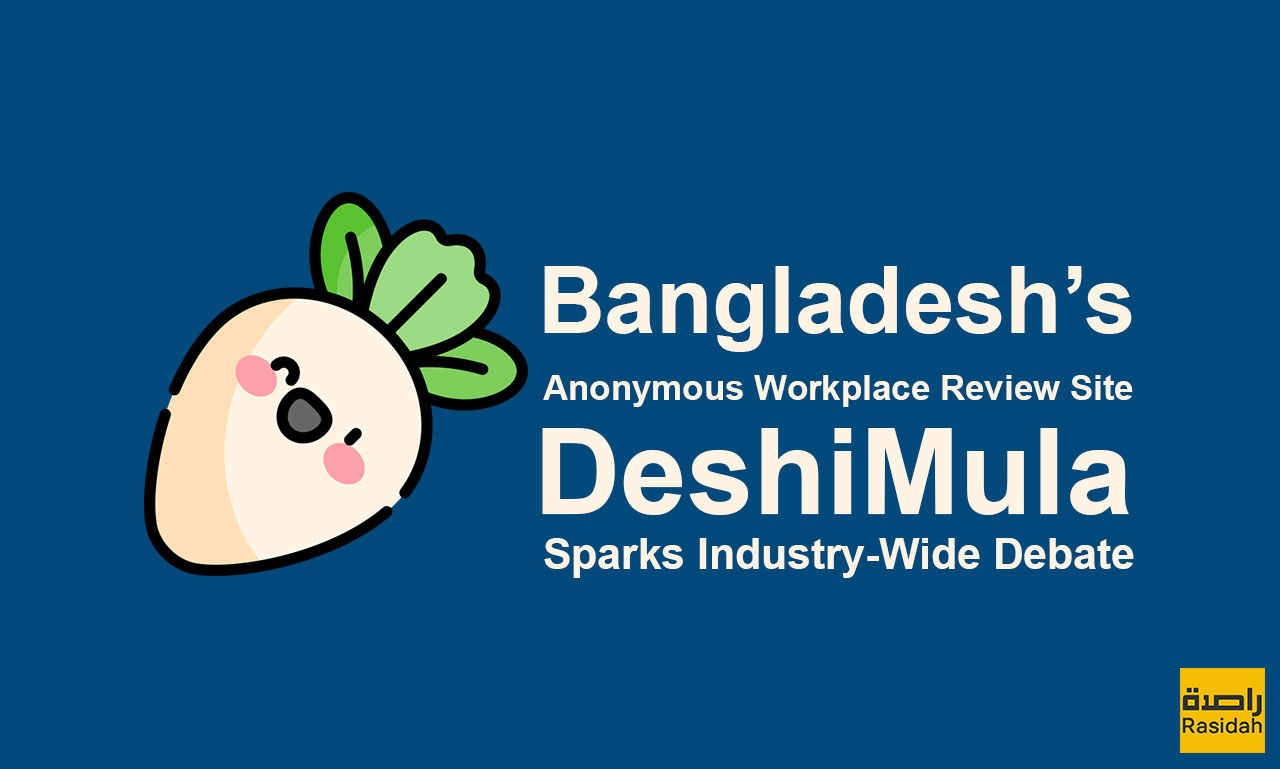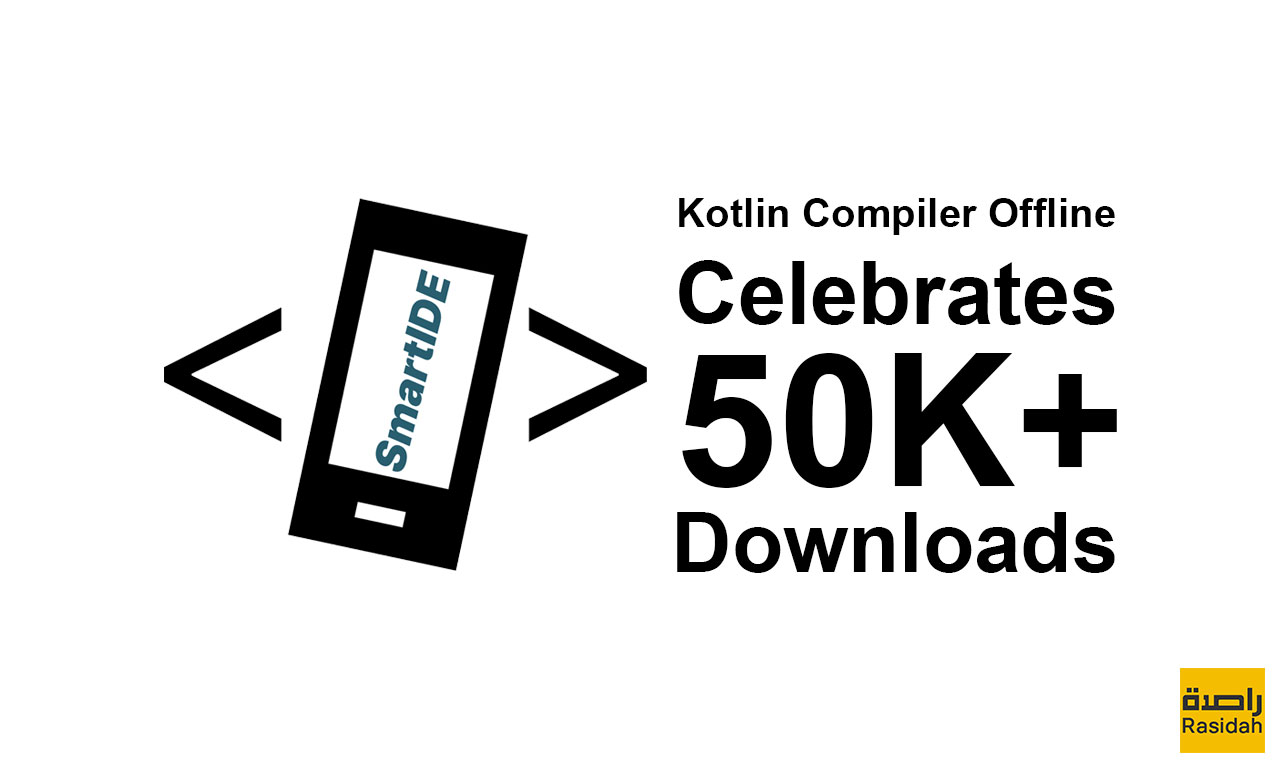Bangladesh’s Anonymous Workplace Review Site Deshimula Sparks Industry-Wide Debate
A newly launched website in Bangladesh, Deshimula.com, has rapidly become the center of debate within the country’s tech industry. Offering anonymous reviews of workplaces, the platform gained popularity among software engineers but soon faced legal backlash and was briefly shut down. Now back online with stricter moderation and identity verification, Deshimula continues to spark mixed reactions — seen by some as a tool for accountability and by others as a source of unchecked negativity.

A relatively new website, Deshimula.com — named after the Bengali word for "local radish" — has stirred significant controversy in Bangladesh’s technology sector since its launch earlier this month. The site allows users to anonymously post reviews about their workplaces, specifically targeting companies in the country’s growing software industry.
Initially launched with minimal fanfare, Deshimula.com quickly gained traction among software engineers and tech employees. Within days, the platform was flooded with anonymous posts detailing experiences within various tech companies, ranging from working conditions and management practices to salary transparency and alleged misconduct. The majority of the posts painted a negative picture of workplace culture in the sector.
As user activity surged, Deshimula introduced features such as upvoting, downvoting, and commenting, facilitating further engagement. The platform soon became a hotbed of discussion — and contention — within professional circles. LinkedIn, in particular, saw a flurry of reactions, with some users praising the platform for giving employees a long-overdue voice, while others accused it of encouraging defamation and baseless accusations.
In response to the criticism, several companies began issuing public counters to reviews, and some even went as far as sending legal notices to the platform. This led Deshimula.com to temporarily suspend its operations, citing legal pressure and the need to assess the way forward.

The shutdown was met with alarm by parts of the community, particularly younger professionals, who saw it as an example of corporate influence being used to silence critical voices. The situation took another turn when a third-party user scraped and published the entire archive of Deshimula reviews on Kaggle.com, an open data platform. This act led to the emergence of clone sites, including Oakthu.com, which attempted to carry on Deshimula’s mission.
On May 12, Deshimula.com officially announced its return — this time with a revised model. In a public post, the platform outlined several key changes:
- Names of companies and individuals will no longer be displayed directly; instead, company names have been modified using leetspeak (1337 language).
- Users must authenticate to vote or comment, adding a layer of responsibility to participation.
- For users wishing to verify their reviews, a one-time login with an official work email is required. The associated account is deleted after verification to ensure privacy.
- Users concerned about anonymity are encouraged to use encrypted email services like Proton Mail.
Deshimula emphasized that its priority remains building a trustworthy platform while respecting user anonymity and preventing misuse.
Reactions to the relaunch remain mixed. Advocates argue that Deshimula is a critical tool for transparency, helping dismantle exploitative practices in the workplace by exposing unethical behavior that would otherwise remain hidden. Critics, however, warn that such platforms can devolve into echo chambers of bitterness, potentially damaging reputations and spreading misinformation without due process.
The debate touches on deeper issues surrounding freedom of expression, corporate accountability, and the digital ethics of anonymous discourse. In a country where labor rights in the white-collar sector often receive little attention, Deshimula's emergence highlights both the need for reform and the risks of unregulated platforms.
What’s Right? In any healthy industry, there must be space for both critique and accountability. While no company deserves to be defamed, no employee deserves to be silenced. The right platform can strike a balance — ensuring that voices are heard, truth is protected, and progress is possible.
Related Articles

Kotlin Compiler Offline Celebrates 50K+ Downloads: Accelerating How We Learn to Code on Mobile
In a world where most development tools demand constant connectivity and powerful hardware, SmartIDE is breaking barriers. Developed by Akram Khan, the mobile-first IDE is now gaining traction across 20+ countries, offering offline coding support for 30+ languages, a Linux terminal, and AI-powered assistance. As it steps beyond the early success of Kotlin Compiler Offline, SmartIDE is shaping up to be the go-to mobile development environment for the next generation of global programmers.

TechnoNext Is Hiring: Unlocking Opportunities in Bangladesh’s Thriving Tech Sector
In a bold move to strengthen its footprint in Bangladesh’s fast-evolving tech sector, TechnoNext Software Limited is opening doors to a wide range of tech professionals—from software engineers to cybersecurity experts. This hiring campaign reflects not just growth, but a commitment to shaping the country's digital future through local talent and innovation.
